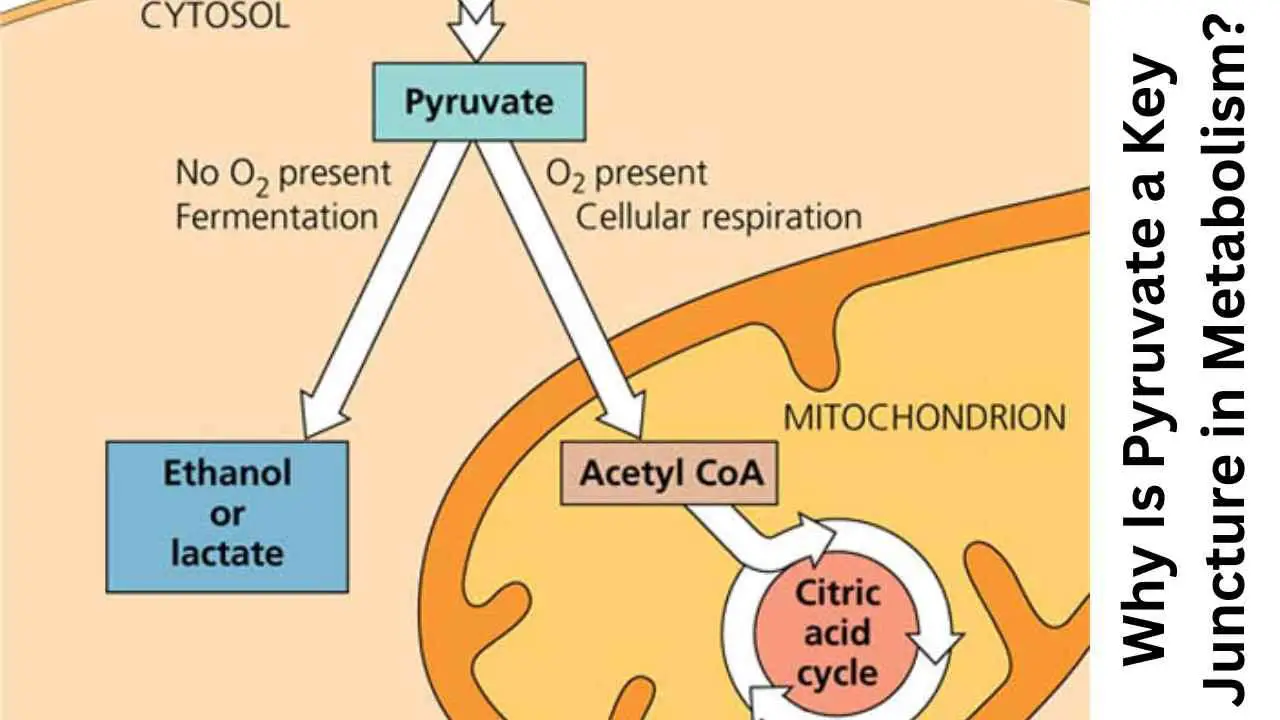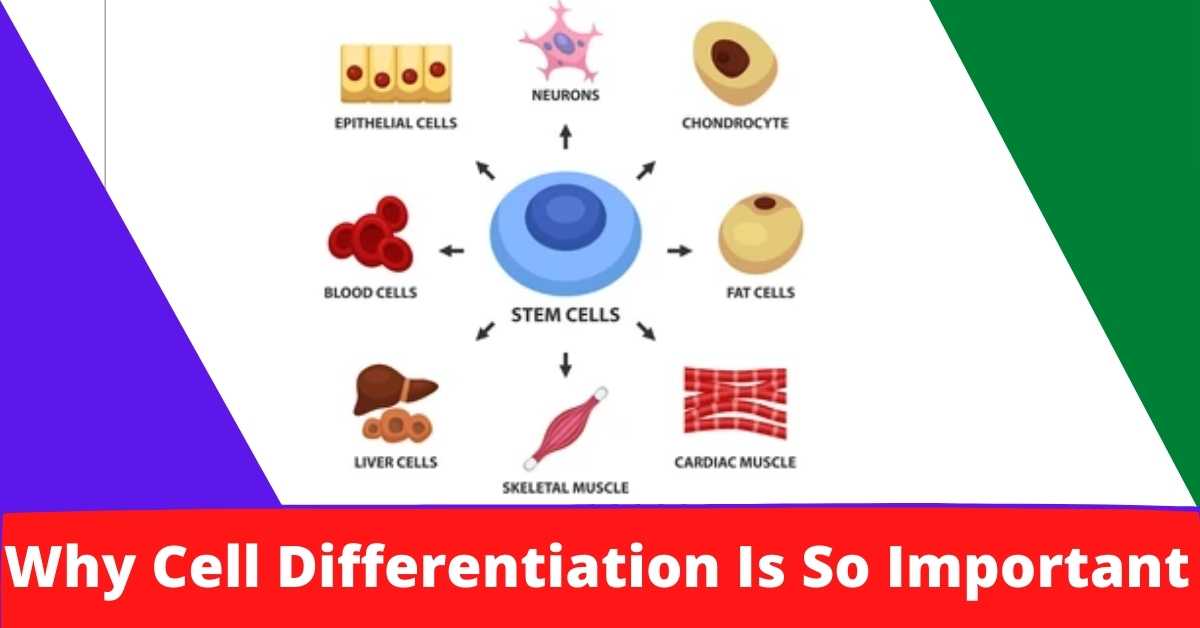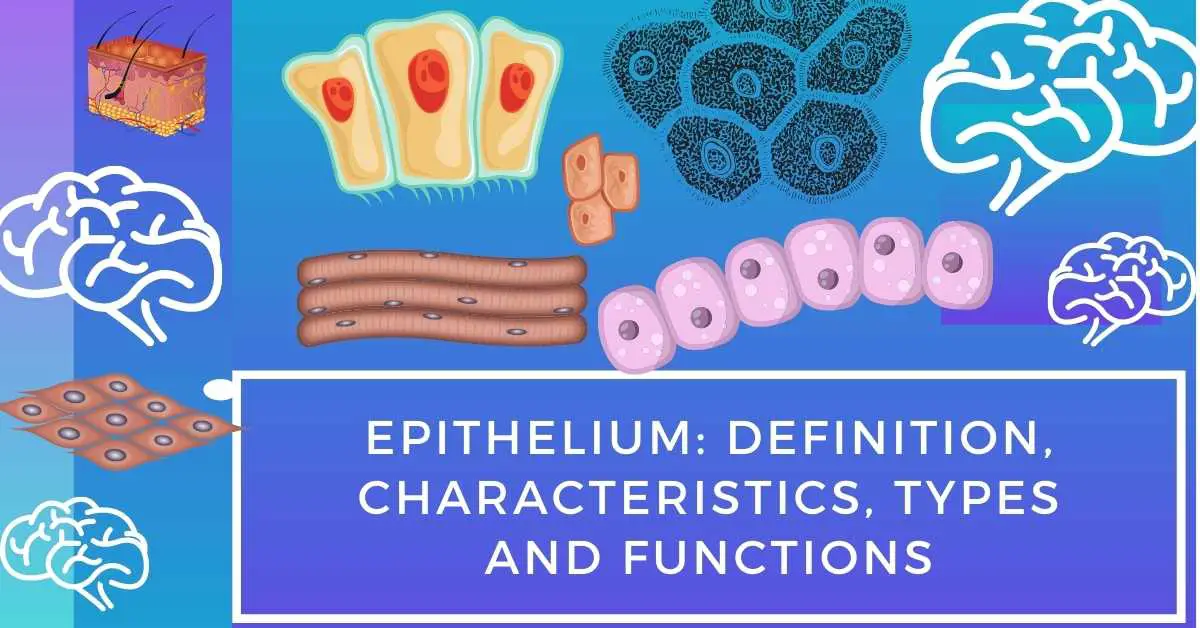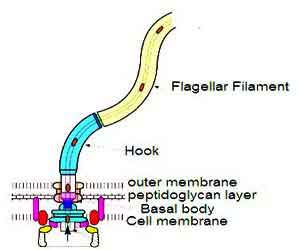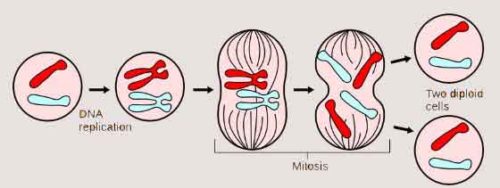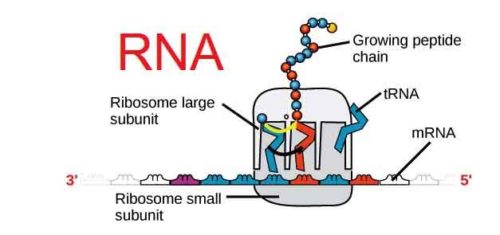Why Is Pyruvate a Key Juncture in Metabolism?
Pyruvate is a three-carbon molecule that is produced during the breakdown of glucose in a process called glycolysis. It a vital molecule in cellular metabolism, serving as a key juncture that connects various metabolic pathways. Derived from glucose during glycolysis, pyruvate plays a crucial role in energy production, serving as a gateway to both aerobic … Read more

